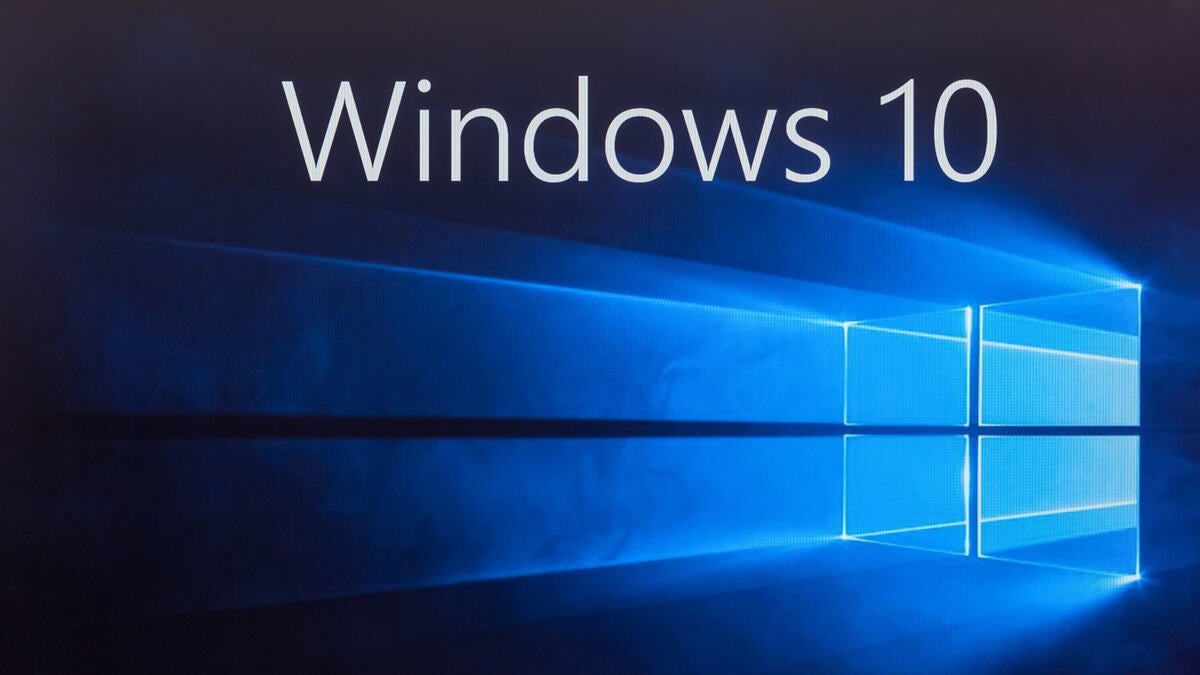Physical Address
304 North Cardinal St.
Dorchester Center, MA 02124
Physical Address
304 North Cardinal St.
Dorchester Center, MA 02124

Microsoft has recently announced its plans to offer extended security updates for Windows 10 to both businesses and individual users. This decision comes as the operating system is set to reach its end-of-life in late 2025. By providing extended security updates, Microsoft aims to ensure that users can continue to receive critical security patches and updates even after the end-of-life date.
The primary cause behind Microsoft’s decision to offer extended security updates is the widespread usage of Windows 10. According to StatCounter’s figures, Windows 10 currently holds a significant market share, accounting for 64% of the US desktop market. With such a large user base still relying on Windows 10, it becomes crucial for Microsoft to address their security needs even after the operating system’s official support ends.
Furthermore, Microsoft has been actively encouraging Windows 10 users to migrate to the latest version of the operating system, Windows 11. The company made this recommendation in April, announcing that Windows 10 22H2 would be the final version. However, the transition to a new operating system can be a complex and time-consuming process for businesses and individual users alike. By offering extended security updates, Microsoft provides a solution for those who may require more time to migrate to Windows 11.
Another factor contributing to this decision is the end-of-life support policy set by Microsoft. As of October 14, 2025, Microsoft will cease to provide bug fixes, security fixes, time zone updates, and technical support for Windows 10. This means that users who do not upgrade to Windows 11 or purchase new hardware running the latest operating system would be left without essential security updates and support.
To address this concern, Microsoft will introduce the Extended Security Updates (ESUs) program. Users will have the option to purchase ESUs on a yearly basis, with the ability to renew them for up to three years. Through this program, Microsoft will continue to deliver critical and important security updates to Windows 10 users, ensuring their systems remain protected from potential vulnerabilities.
It is worth noting that Microsoft has previously offered extended security updates for older operating systems like Windows 7 but not for Windows 8. This decision to provide extended security updates for Windows 10 reflects Microsoft’s recognition of the continued importance and usage of the operating system among businesses and individual users.
Overall, the cause behind Microsoft’s decision to offer extended security updates for Windows 10 lies in the need to support the large user base, facilitate a smooth transition to Windows 11, and ensure the ongoing security of systems even after the end-of-life date. By providing these updates, Microsoft aims to address the concerns of users who may require additional time or resources to migrate to the latest operating system.
The effect of Microsoft’s decision to offer extended security updates for Windows 10 is two-fold: it ensures continued protection for users and provides flexibility in the transition to Windows 11.
By providing extended security updates, Microsoft ensures that businesses and individual users who rely on Windows 10 can continue to receive critical security patches and updates even after the official end-of-life date. This effect is crucial in maintaining the security and integrity of systems, as cyber threats continue to evolve and pose risks to outdated operating systems.
With the Extended Security Updates (ESUs) program, users will have access to monthly critical and important security updates. These updates address vulnerabilities and protect against potential cyber attacks, helping to safeguard sensitive data and mitigate security risks. The availability of continued protection through ESUs provides peace of mind for users who may require more time to transition to Windows 11 or who prefer to stick with Windows 10 for specific reasons.
Another effect of offering extended security updates is the flexibility it provides in the transition to Windows 11. Migrating to a new operating system can be a complex process, especially for businesses with large-scale deployments or specialized software requirements. The availability of extended security updates allows users to have more time to plan and execute their transition to Windows 11 without compromising the security of their systems.
For businesses, this flexibility means they can carefully assess their software compatibility, conduct thorough testing, and ensure a smooth transition to the latest operating system. It also provides an opportunity to allocate resources and budget effectively for the migration process, considering factors such as hardware upgrades, training, and potential disruptions to workflows.
Individual users, on the other hand, may have personal preferences or specific software dependencies that make the transition to Windows 11 more challenging. The availability of extended security updates allows them to continue using Windows 10 while they evaluate their options and make an informed decision about upgrading to the latest operating system.
The decision by Microsoft to offer extended security updates for Windows 10 has significant effects on users. It ensures continued protection against evolving cyber threats and provides flexibility in the transition to Windows 11. By addressing the security needs of users and allowing for a smoother migration process, Microsoft aims to support businesses and individual users in maintaining the security and functionality of their systems.
If you’re wondering where the article came from!
#